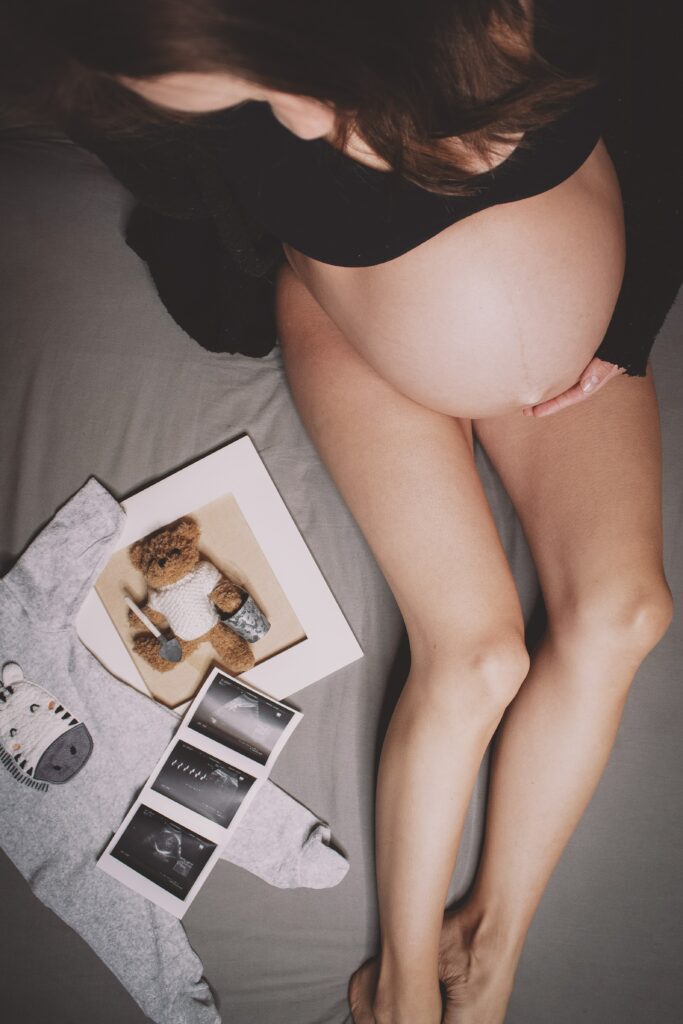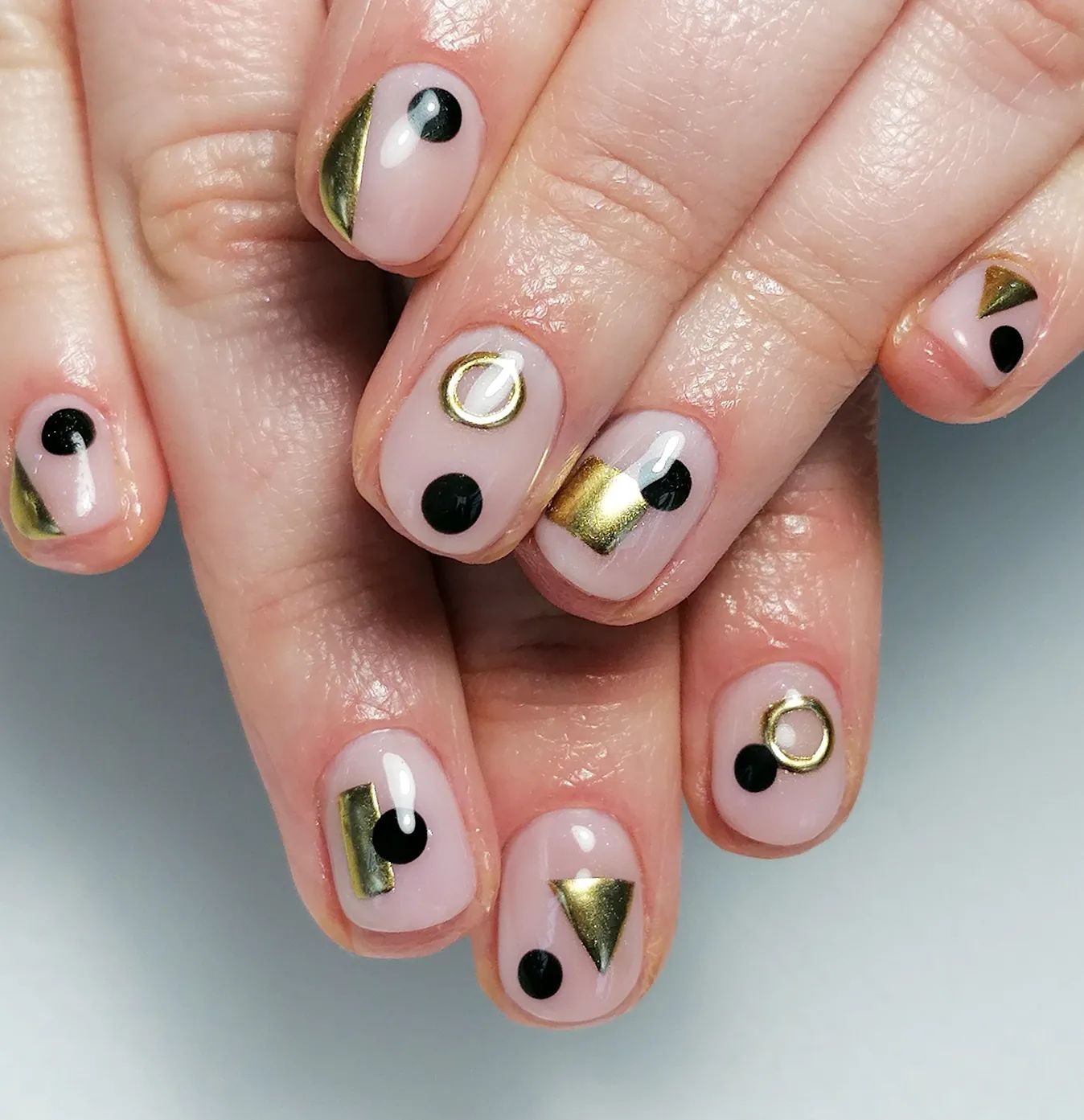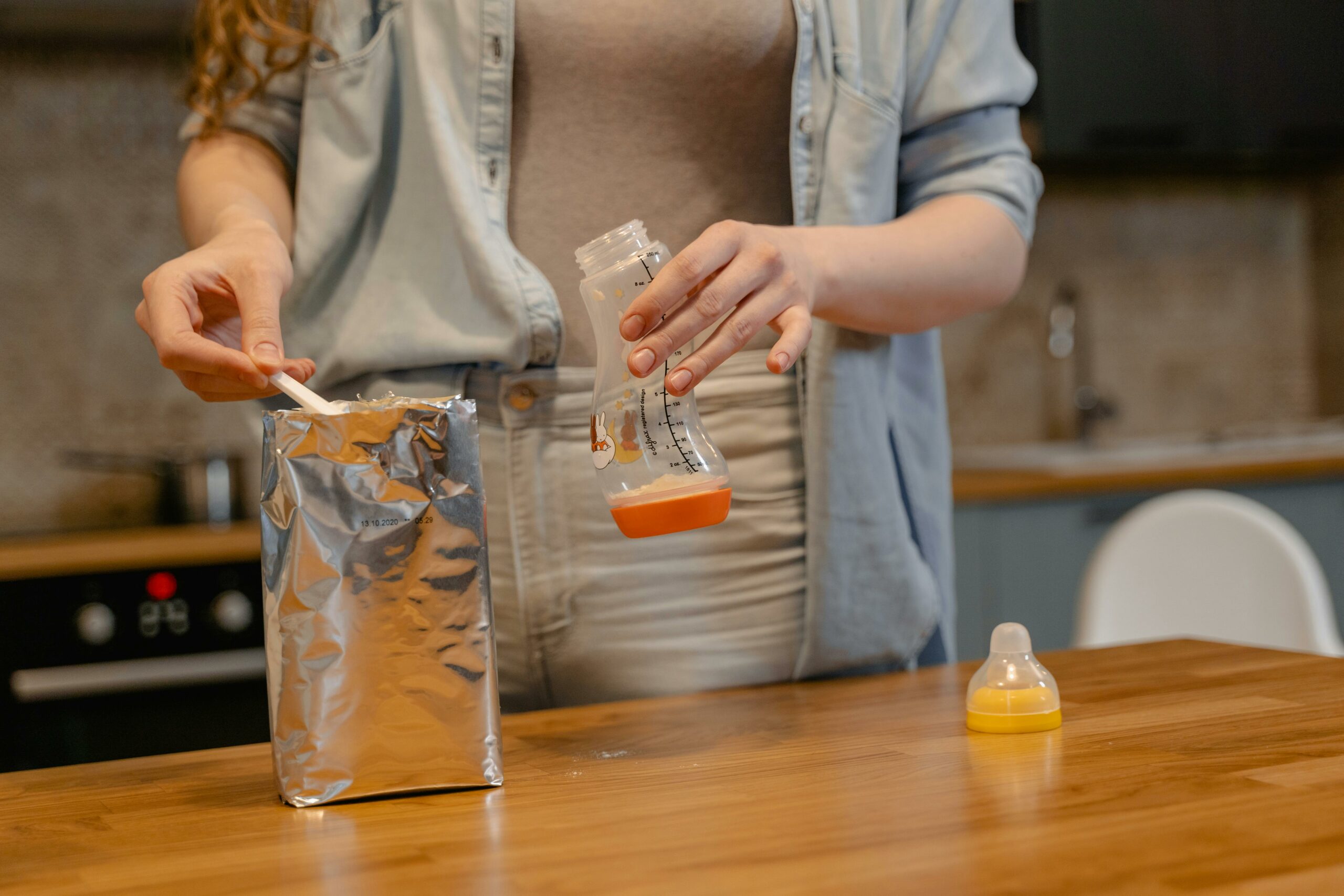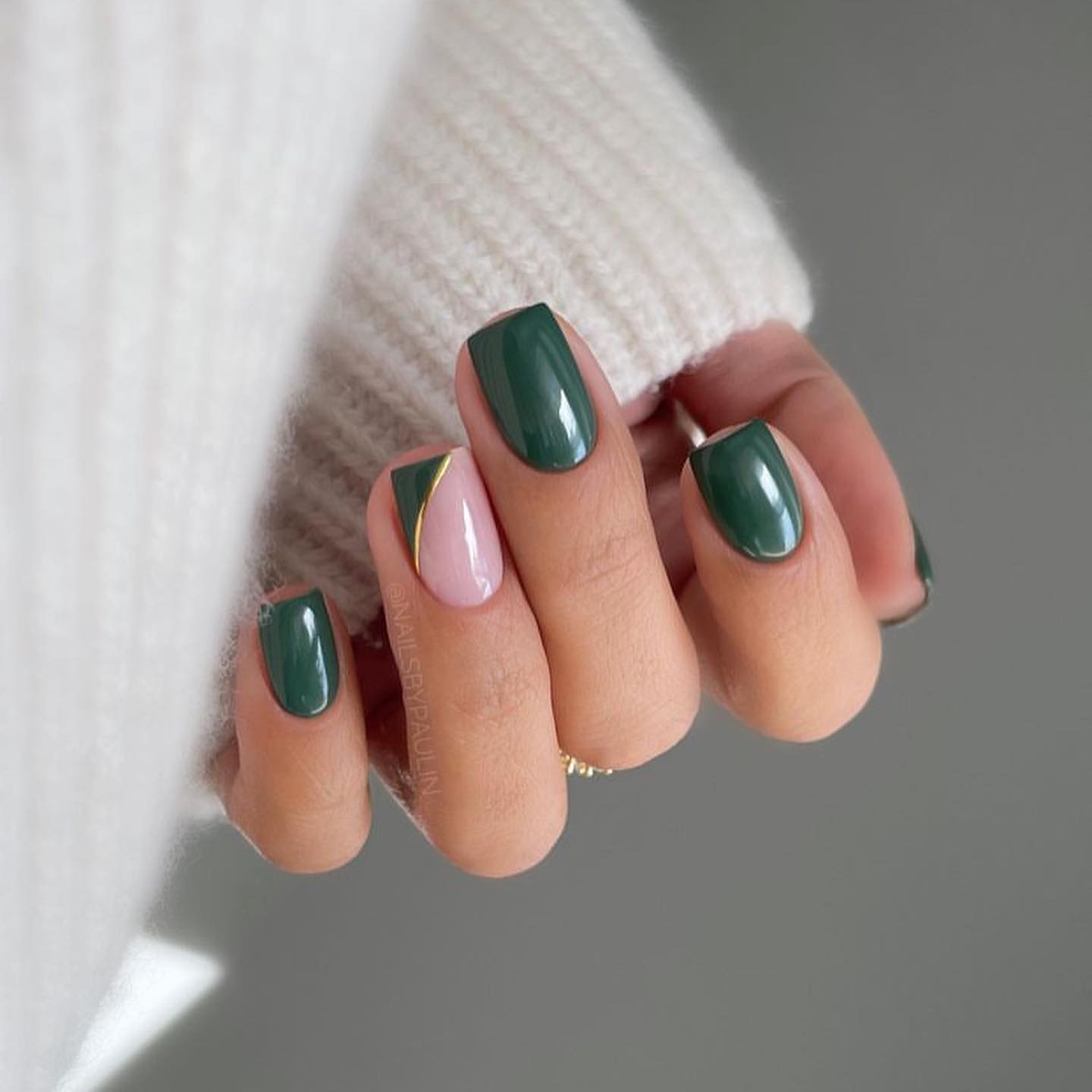Pregnancy brings significant changes to a woman’s body, which often lead to the development of stretch marks. These visible lines on the skin can cause discomfort as well as itching, further increasing the challenges of this transition stage.
To manage and reduce this symptom, pregnant women should understand the reasons behind itchy stretch marks during pregnancy.
In this article, we explore the world of itchy stretch marks during pregnancy and examine the causes and factors that contribute to their itching. Learn effective ways to treat and reduce itching and preventative measures to minimize the severity of stretch marks.
In addition, if the symptoms persist or there are worrisome symptoms, we will advise you if you need to see a doctor.

What are Stretch Marks?
During pregnancy, the occurrence of stretch marks, scientifically referred to as striae gravidarum, is a common phenomenon.
These marks manifest as long, narrow streaks or lines on the skin, displaying a range of colors from pink or purple to lighter shades as time progresses. Commonly found on the abdomen, breasts, hips, thighs, and buttocks, stretch marks form when the skin experiences rapid stretching and growth.
This process causes the underlying connective tissue to tear, resulting in visible marks on the skin’s surface.
Many individuals often ponder whether stretch marks cause itching during pregnancy, seeking natural remedies to alleviate discomfort. Itchy stretch marks can be a common occurrence for expectant mothers, and exploring natural options for relief can provide a holistic approach.
The itchiness associated with stretch marks during pregnancy stems from multiple factors, including hormonal changes, skin dryness, and inflammation. This itchiness often prompts women to seek relief from the persistent sensation, aiming to alleviate the discomfort it brings.
Reasons for Itchy Stretch Marks During Pregnancy
The itchiness of stretch marks during pregnancy can be attributed to several reasons, each playing a distinct role.
Firstly, the rapid growth and stretching of the skin induce itching sensations. As the body undergoes significant changes to accommodate the developing baby, the expansion of the skin leads to discomfort and itching.
Secondly, hormonal fluctuations contribute to itchiness. Pregnancy hormones, namely estrogen, and progesterone, impact the skin’s moisture levels, leading to dryness that intensifies the itchiness.
Moreover, increased blood flow and circulation during pregnancy stimulate itch receptors in the skin, amplifying the itchiness and making the stretch marks more pronounced.
Lastly, the loss of skin elasticity and dryness further exacerbate the itchiness. The stretching of the skin and disruption of collagen fibers compromise the skin’s natural moisture barrier, resulting in dryness and subsequent itchiness.
Understanding these underlying factors empowers expectant mothers to effectively manage and alleviate the itchiness associated with stretch marks during pregnancy.
Managing and Relieving Itchiness
It is essential for fostering healthy skin to take proactive measures to stop and lessen the severity of stretch marks during pregnancy. While totally getting rid of stretch marks might not be possible, there are a number of ways to lessen their effects.
It’s important to maintain a healthy weight gain throughout pregnancy because excessive weight gain might lead to stretch marks that are more noticeable. The likelihood of dryness is decreased and skin elasticity is improved by getting enough water to drink.
Regular exercise encourages general skin health and enhances blood circulation when done under a healthcare professional’s supervision.
It is advantageous to incorporate stretch mark treatments or oils designed especially for pregnant women into a skincare program. These creams hydrate the skin and frequently contain substances like vitamin E, cocoa butter, or almond oil.
By embracing these preventive measures and integrating them into their skincare regimen, expectant mothers can potentially diminish the appearance and severity of stretch marks during pregnancy.
When to Seek the Medical Advice?
By embracing these preventive measures and integrating them into their skincare regimen, expectant mothers can potentially diminish the appearance and severity of stretch marks during pregnancy.
Stretch marks that itch are a typical occurrence during pregnancy, but there are some situations that call for seeking medical attention. It is advised to speak with a healthcare provider if the itching continues and gets worse despite trying numerous home cures.
Medical treatment is also required if the itching is accompanied by symptoms of infection, such as redness, warmth, swelling, or discharge from the affected area. Additionally, it’s crucial to get medical help if the stretch marks show signs of extreme inflammation or if any other unsettling symptoms appear.
By speaking with a healthcare professional, the situation may be evaluated, suitable advice can be given, and the demand for more medical intervention or treatment can be established. To ensure the health of yourself and others, it is always wise to prioritize caution and seek professional guidance.
Final Thoughts
To summarize, itchy stretch marks can be an awkward side effect experienced amid pregnancy. Understanding the causes is significant for viable administration.
Variables such as quick skin extending, hormonal changes, expanded blood stream, and dryness contribute to the itchiness. In any case, there are techniques to reduce the itchiness, counting moisturizing the skin, remaining hydrated, utilizing delicate items, wearing loose-fitting dress, and utilizing endorsed anti-itch creams or treatments.
Taking preventive measures like keeping up a solid weight, hydration, work out, and utilizing extend stamp creams or oils may offer assistance decrease extend check seriousness. It is imperative to be careful of looking for therapeutic counsel in the event that the itchiness is extreme, determined, or went with by signs of disease or irritation.
By prioritizing self-care and looking for convenient restorative consideration, hopeful moms can improve their consolation and well-being all through pregnancy.






